
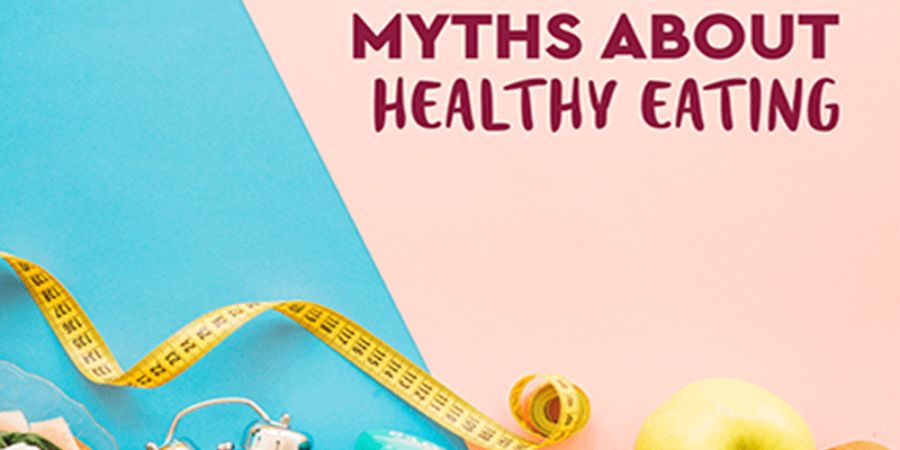
FACTS
The digestive process starts in your mouth when you chew. Your salivary glands make saliva, a digestive juice, which moistens food so it moves more easily through your esophagus into your stomach. Saliva also has an enzyme called salivary amylase that begins to break down starches in to maltose
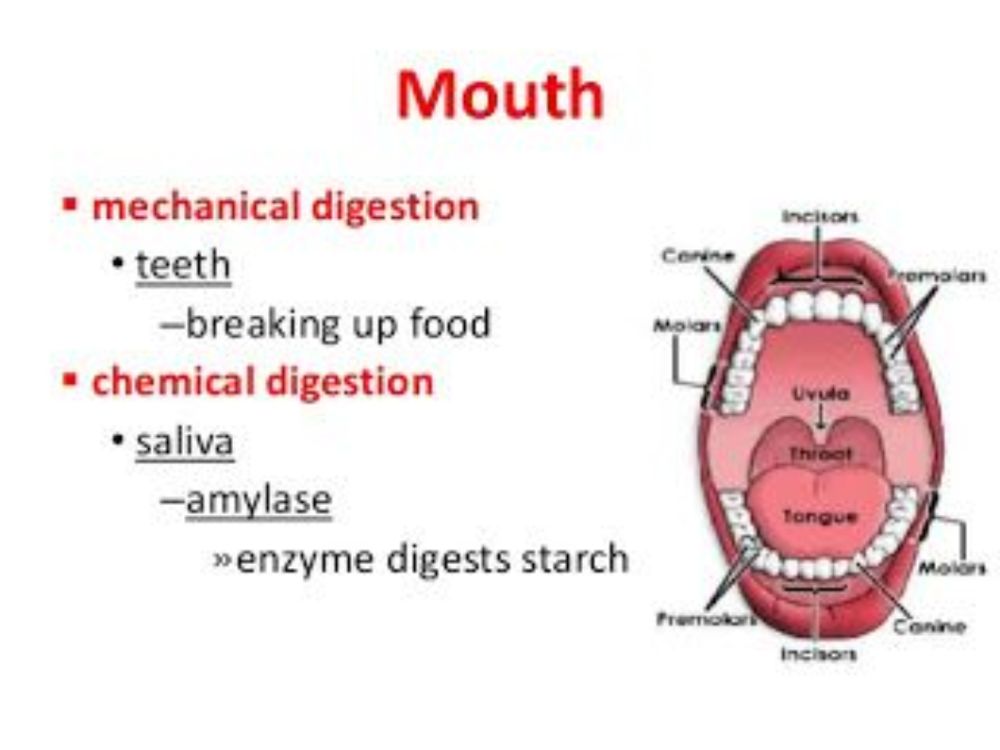
Fat is a source of essential fatty acids, which the body cannot make itself. Fat helps the body absorb vitamin A, vitamin D and vitamin E. These vitamins are fat-soluble, which means they can only be absorbed with the help of fats
Dietary fibre is found in the indigestible parts of cereals, fruits and vegetables. A diet high in fibre keeps the digestive system healthy.
If you consume foods that don't provide enough nutrient value, your nutrient levels will start to decline. There are many, many dangers of a nutrient deficiency, including digestion problems, defected bone growth, anaemia and skin problems
In the short term, poor nutrition can contribute to stress, tiredness and our capacity to work, and over time, it can contribute to the risk of developing some illnesses and other health problems such as: being overweight or obese. tooth decay. high blood pressure
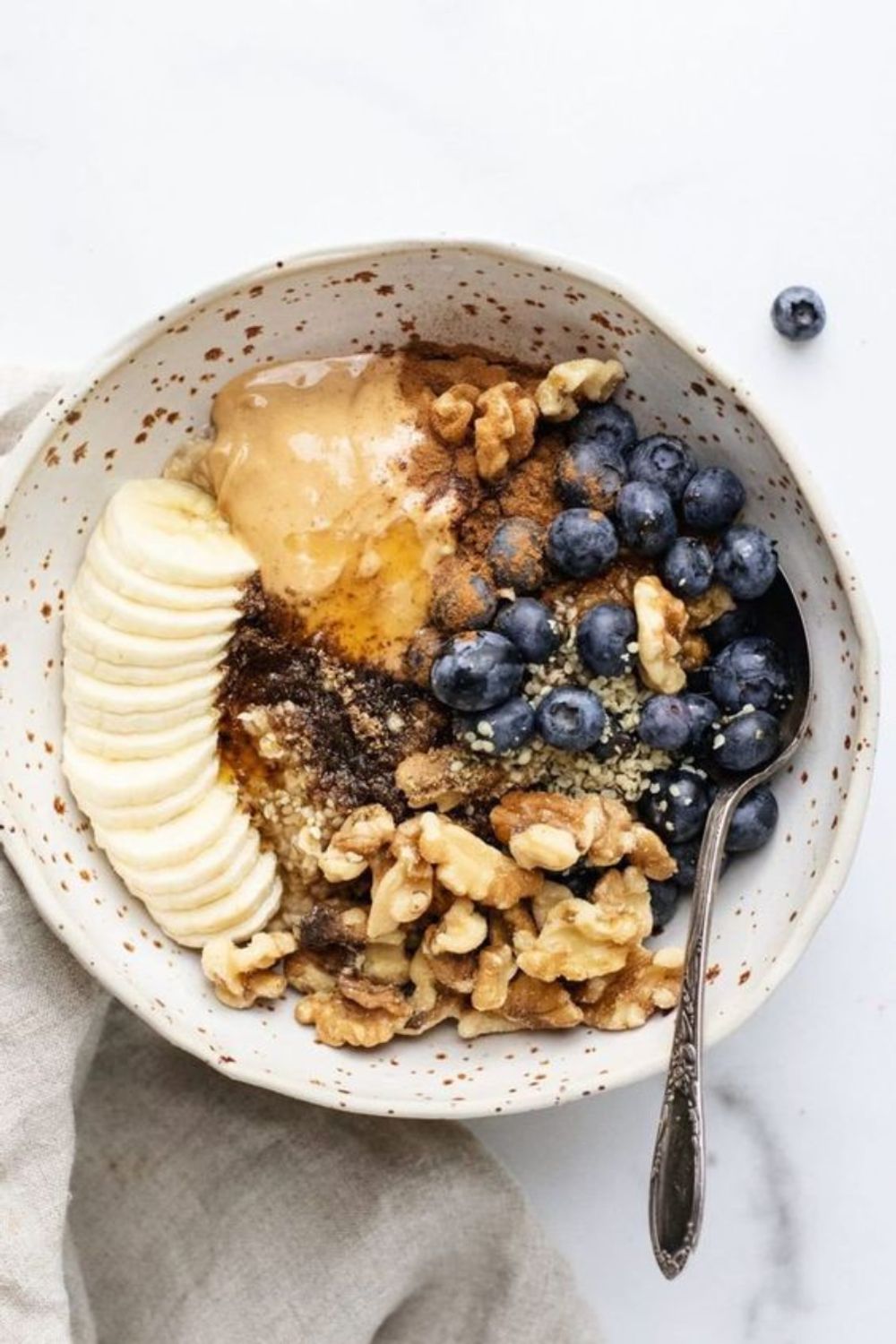
Breakfast kick-starts your metabolism, helping you burn calories throughout the day. It also gives you the energy you need to get things done and helps you focus at work or at school. Those are just a few reasons why it's the most important meal of the day.
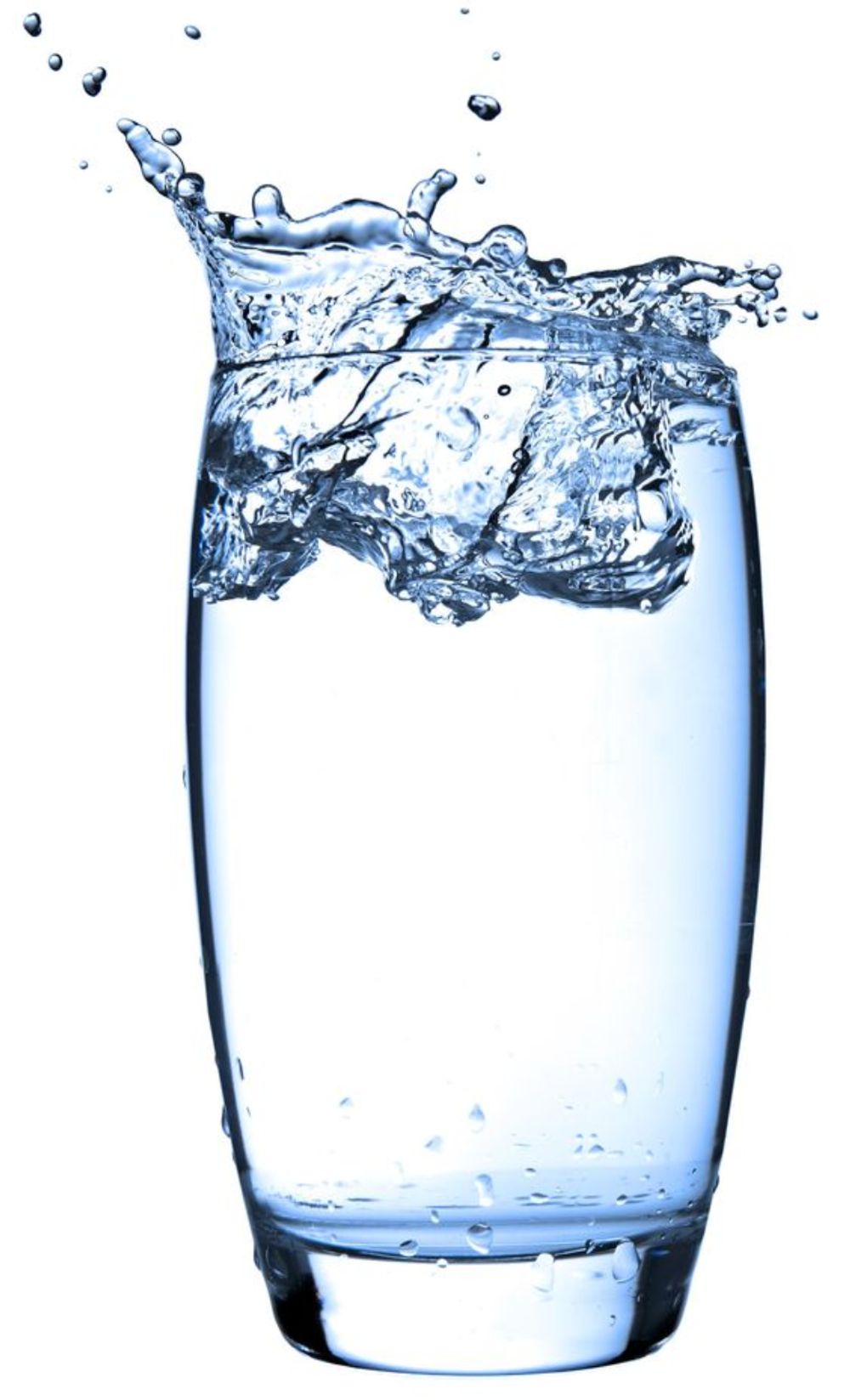
Drinking water does more than just quench your thirst — it's essential to keeping your body functioning properly and feeling healthy. Nearly all of your body's major systems depend on water to function and survive
MYTHS
there are no studies which claim that water interferes with digestion, dilutes the stomach acid and enzymes or can lead to weight gain.
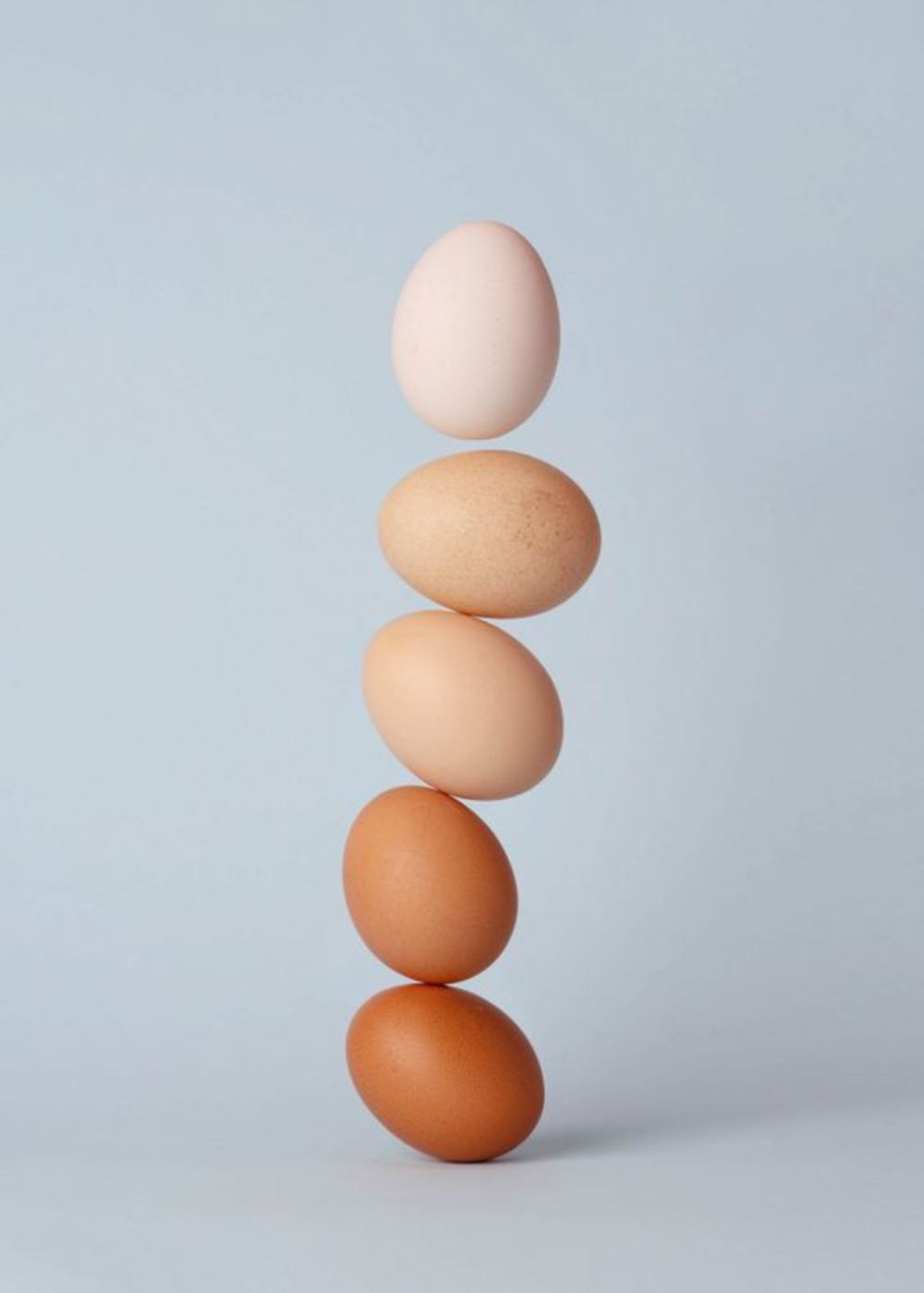
Chicken eggs are an affordable source of protein and other nutrients. They're also naturally high in cholesterol. But the cholesterol in eggs doesn't seem to raise cholesterol levels the way some other foods, such as those high in trans fats and saturated fats, do..
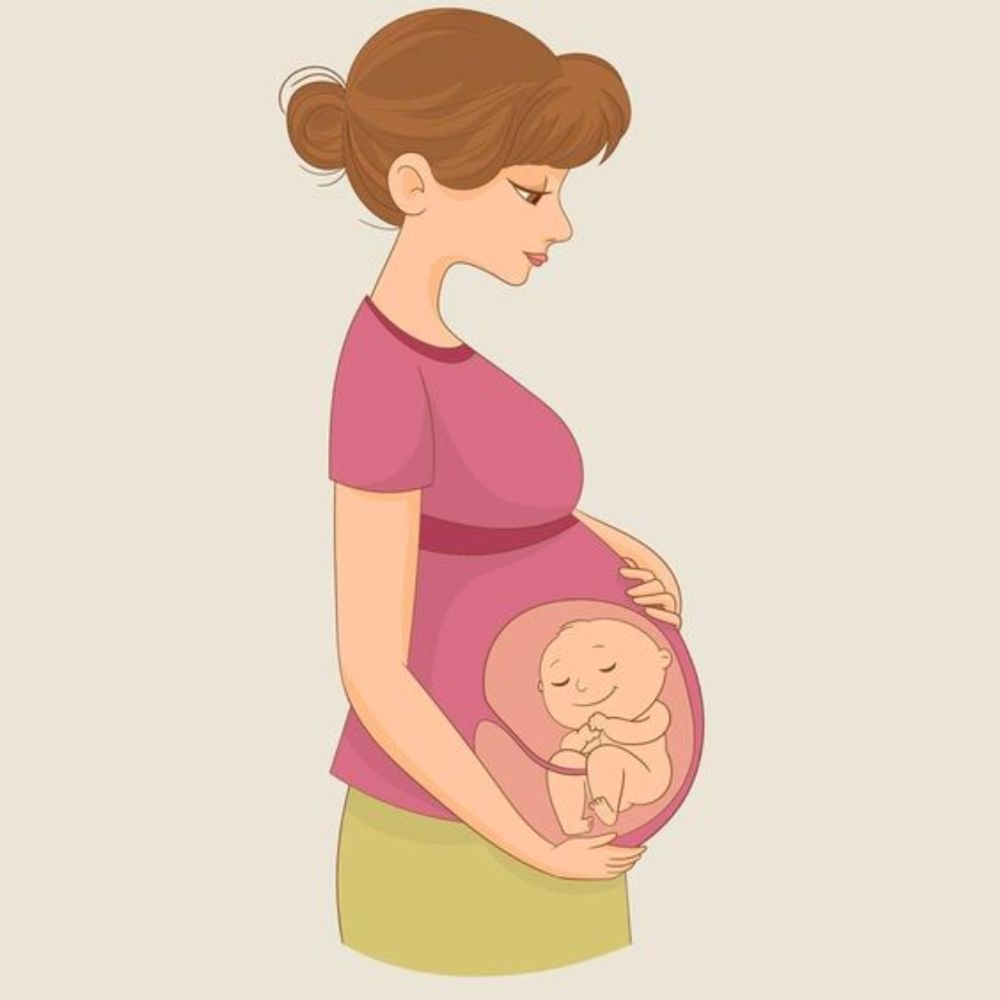
It is a myth that a pregnant woman must "eat for two." Although pregnancy increases the body's need for calories and nutrition, the amounts of calories or specific nutrients you need are NOT doubled.
Your body undergoes most of its repair and recovery while you're sleeping, utilizing both protein and carbs as energy sources to repair your muscles. By eating carbs at night, not only are you blocking cortisol production, but you're also providing the necessary resources for your body to build muscle and burn fat
Eating fruits right after a meal is not a great idea, as it may not be digested properly. The nutrients may not be absorbed properly either. You need to leave a gap of at least 30 minutes between a meal and a fruit snack.


